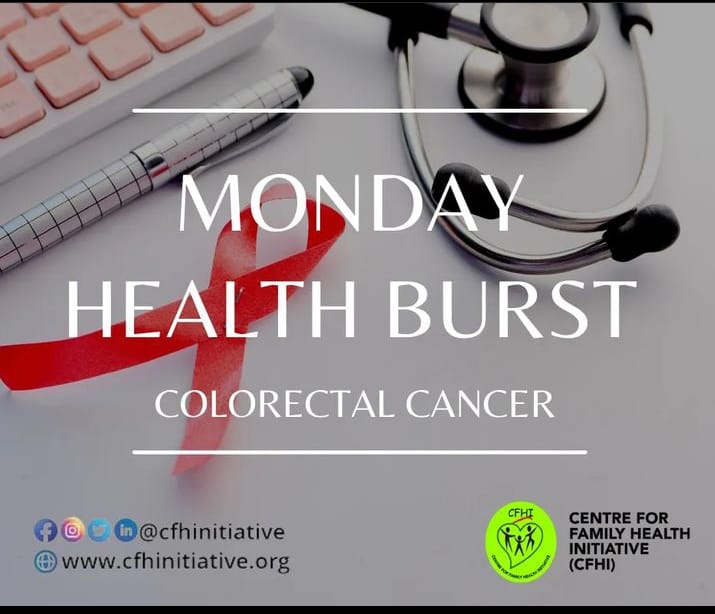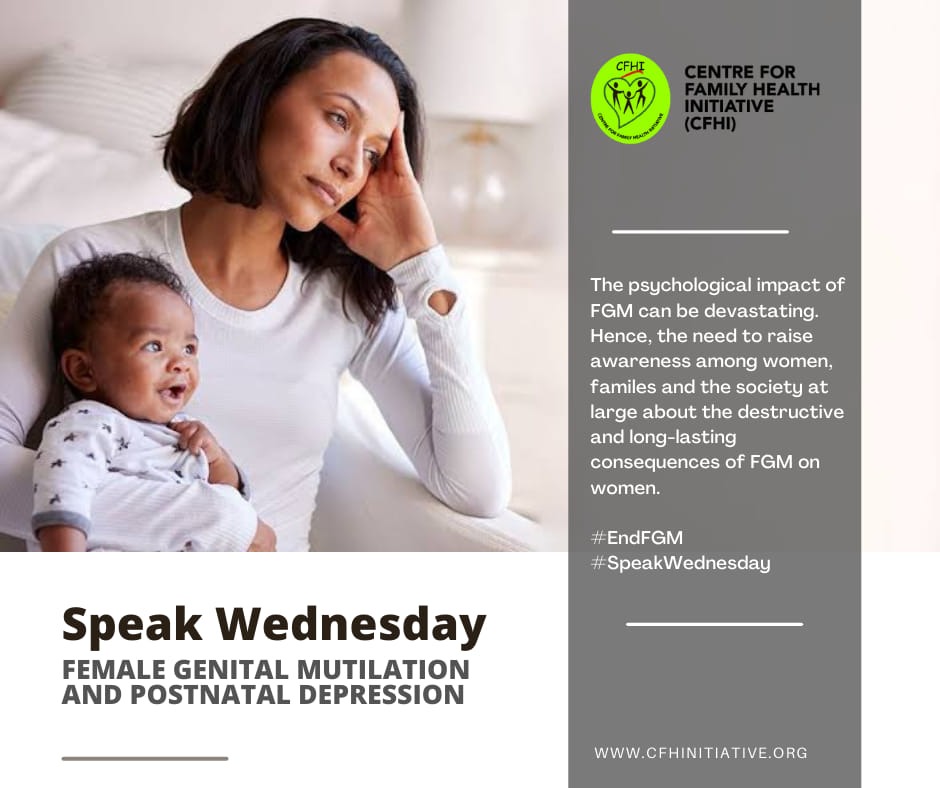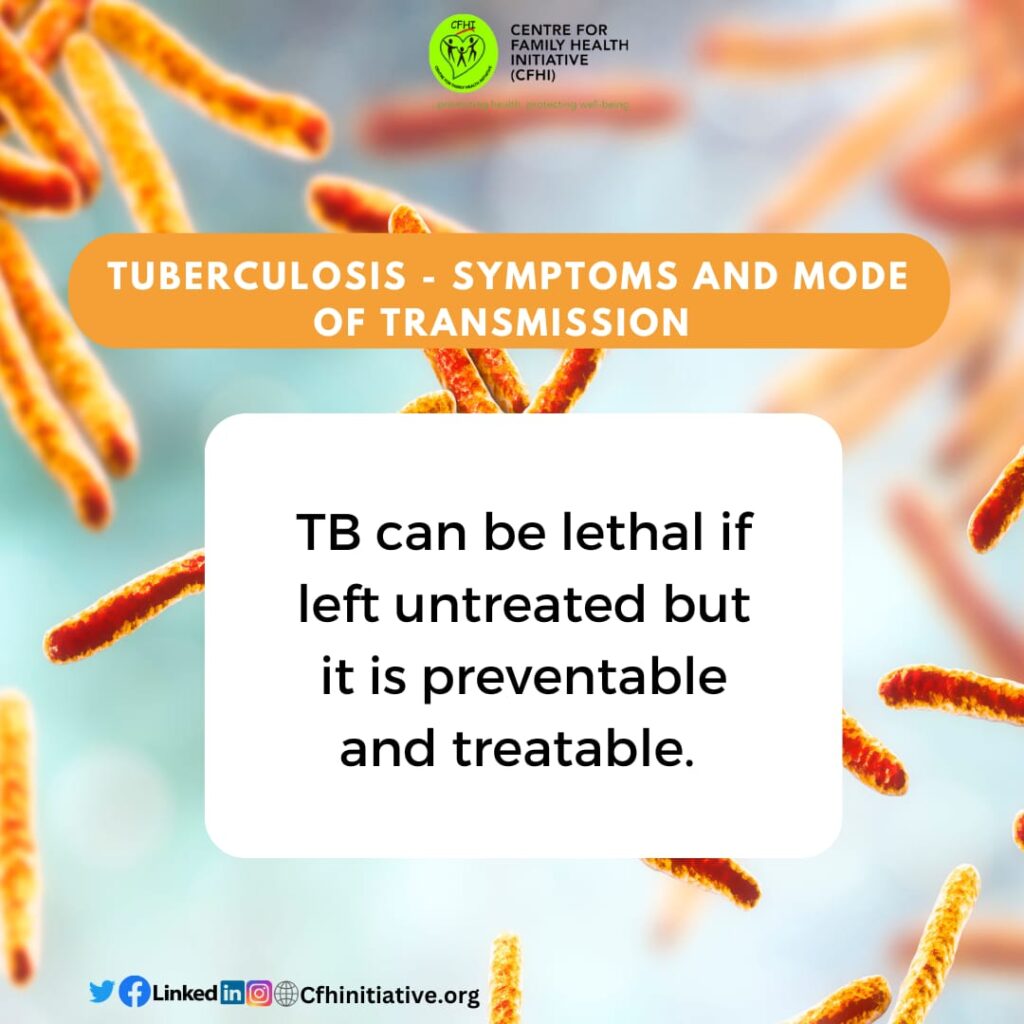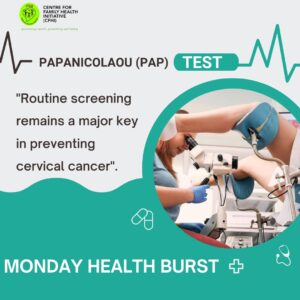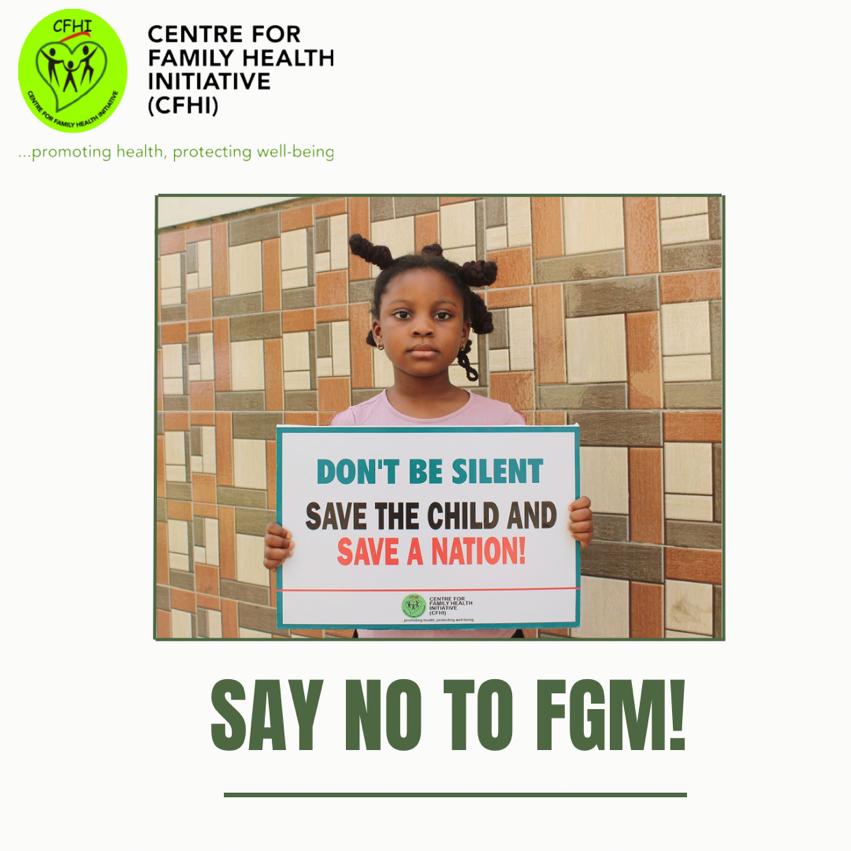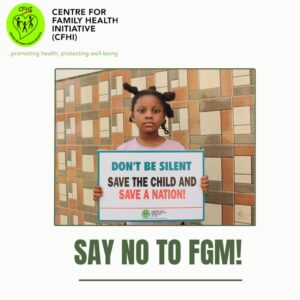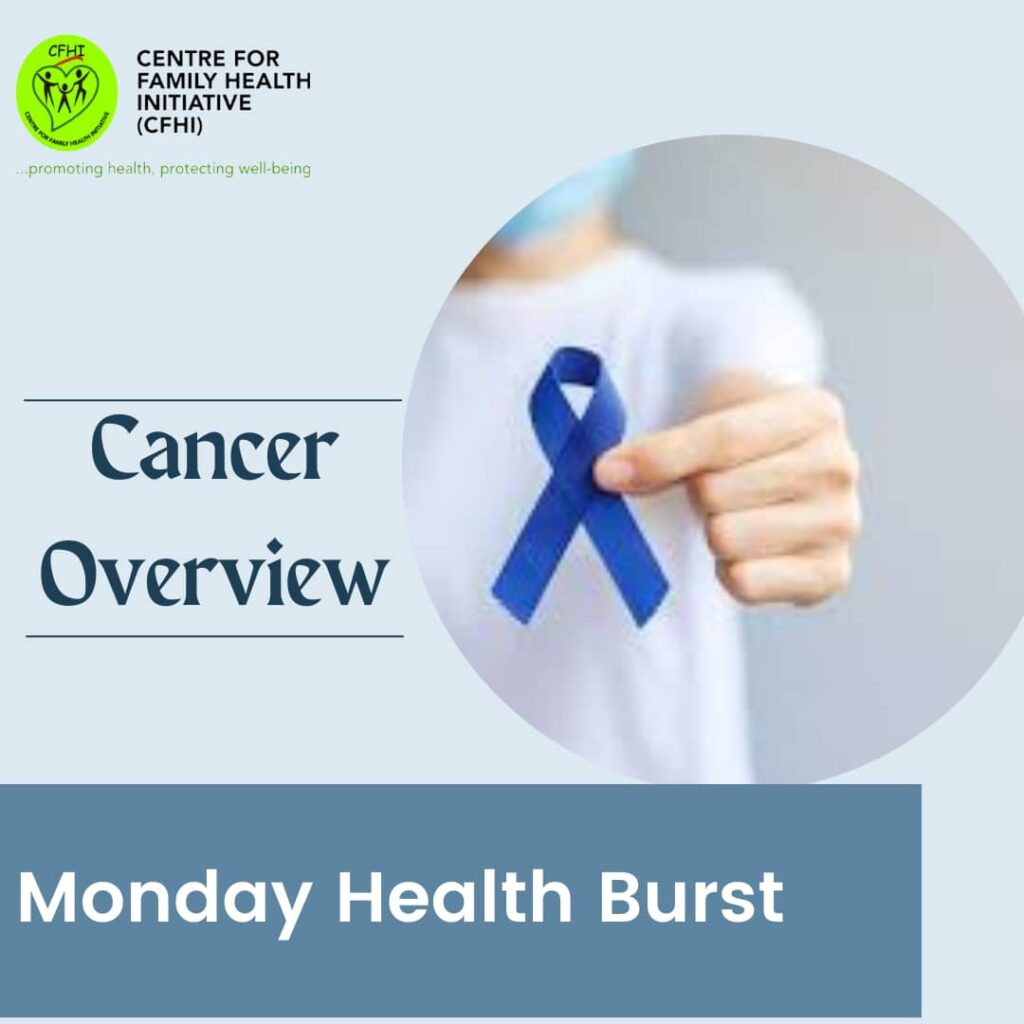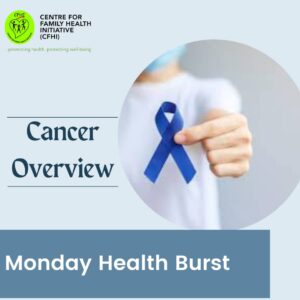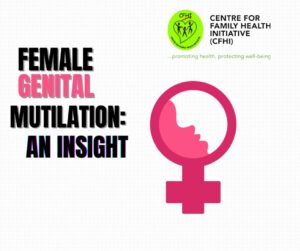MONDAY HEALTH BURST ON COLORECTAL CANCER
There are different types of cancers depending on what body part it starts from. Cancer that starts in the colon or rectum is often called colorectal or colon cancer. According to @projectpinkblue , colorectal cancer is the third most common cancer in Nigerian men after prostate and liver cancer, and the fourth most common cancer in Nigerian women after breast, cervical and liver cancer.
Some signs of colorectal cancer include changes in bowel habits, changes in stool consistency, blood in the stool and abdominal discomfort. After diagnosis, different treatment methods such as radiation, chemotherapy, surgery, and targeted therapy could be used depending on the stage of the cancer.
Early diagnosis and treatment remains the best strategy in beating any form of cancer.
#GetScreened #MondayHealthBurst #ColorectalCancer #CloseTheCareGap #WCD2023
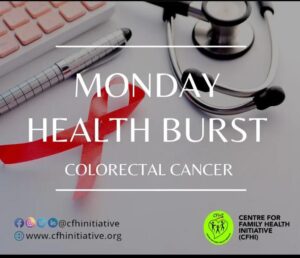
MONDAY HEALTH BURST ON COLORECTAL CANCER Read More »

